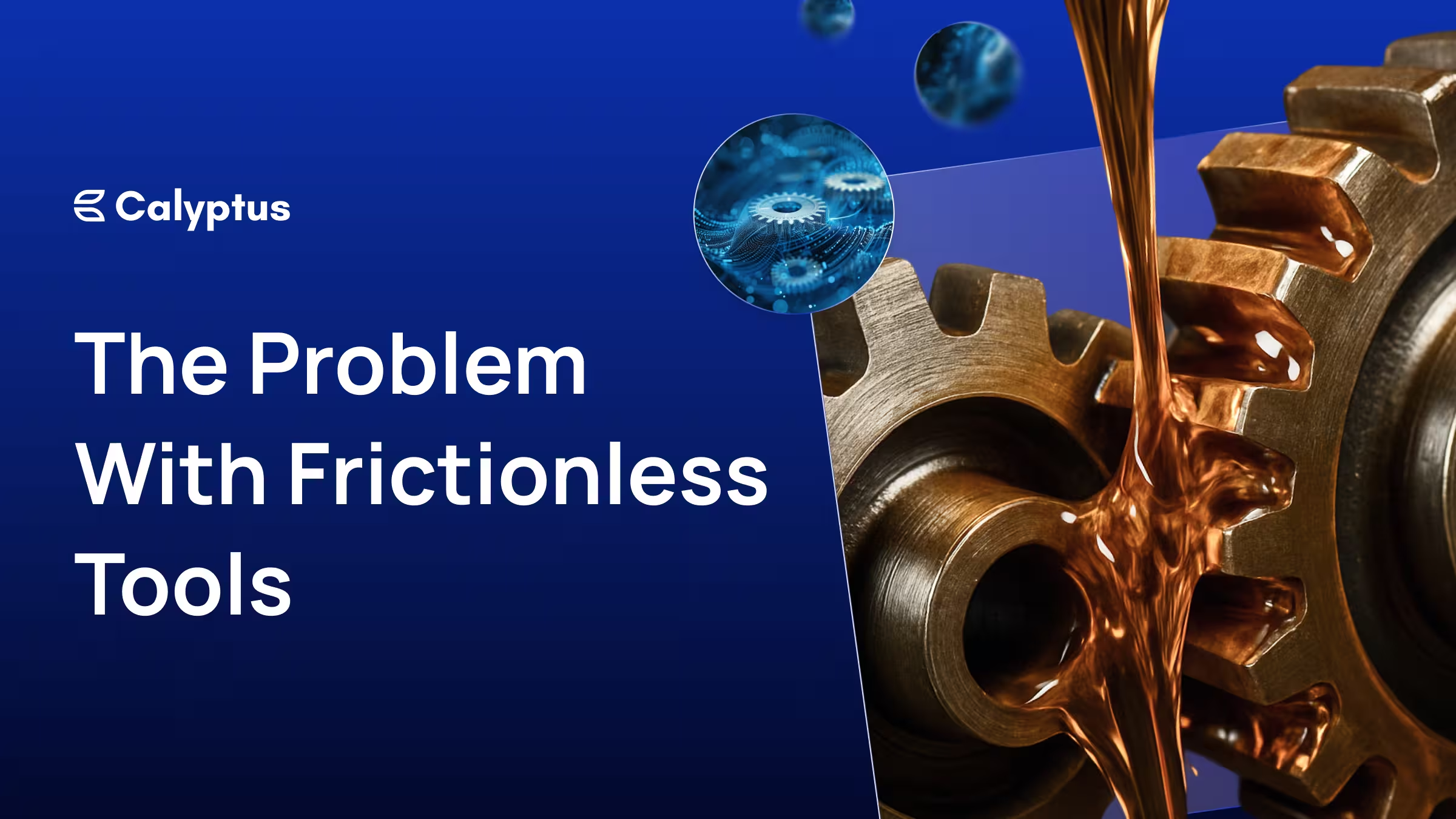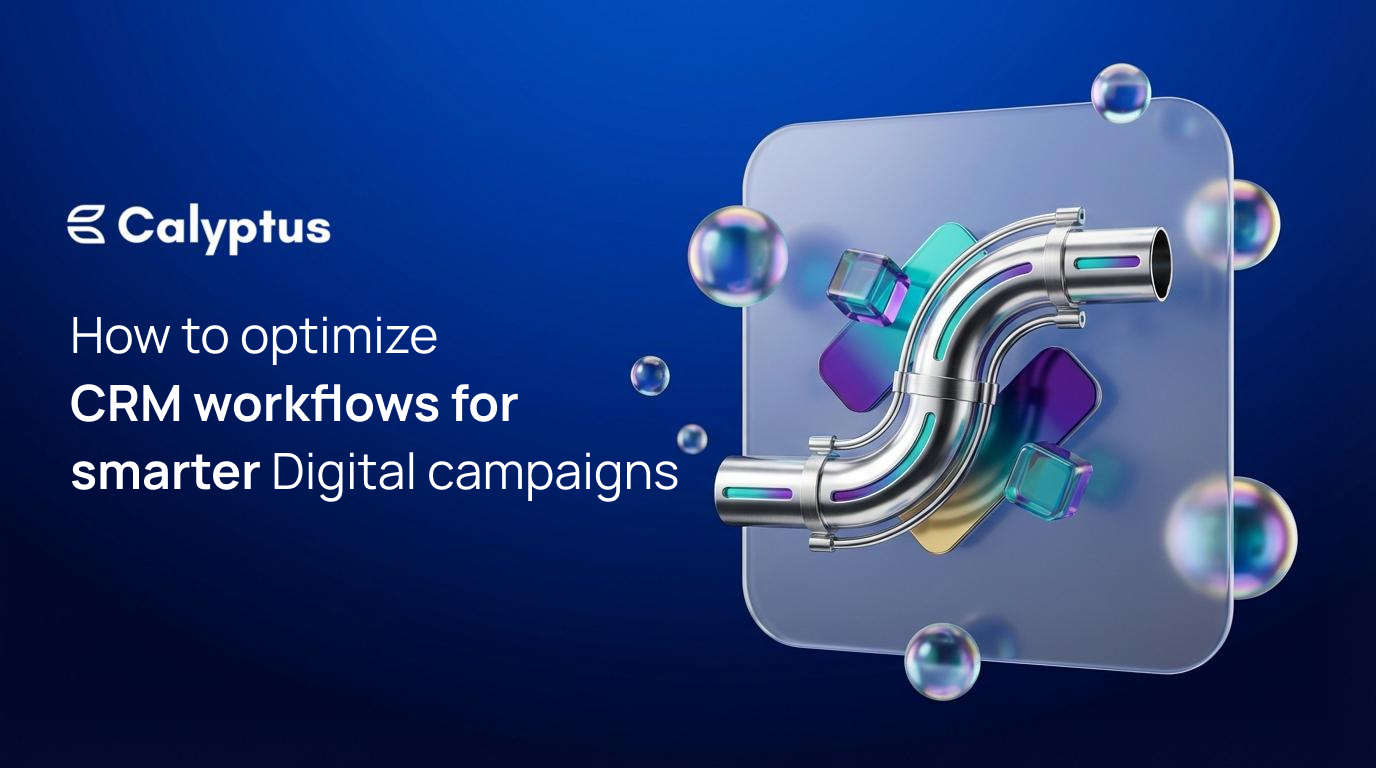AI-powered productivity apps, no-code builders, automation bots, plug-and-play API tools today promise unprecedented ease. They promise frictionless workflows, instant outcomes, and effortless innovation. We have entered an era where technical barriers are disappearing faster than ever. Yet strangely, productivity hasn't exploded. In fact, work often feels harder, more fragmented, and more meaningless.
Why does removing friction paradoxically make the actual work harder?
Friction Isn’t Always Bad
We assume friction is something to eliminate. But friction, in moderation, is not only useful but essential. Friction helps us slow down and think deeply. It forces prioritization, thoughtful planning, and careful execution. It creates space for genuine creativity, rather than just endless activity.
When tools become too easy, speed replaces depth. Workflows move so fast that outcomes blur into generic outputs. Yes, you can automate a social media campaign in seconds. But when everyone else can too, speed alone loses its advantage. Suddenly your differentiation isn't in execution but in who makes more noise.
Without friction, quality easily slips into quantity. As Oliver Burkeman observes in Four Thousand Weeks, "Eliminating friction from productivity tools often leads to overwhelming volume rather than genuine accomplishment." (Four Thousand Weeks, Oliver Burkeman)
The Fragmentation of Frictionless Work
Paradoxically, frictionless tools often fragment our focus instead of sharpening it. We bounce from one easy task to another, seduced by the instant dopamine hit of checking boxes or shipping quick wins. Tools designed to make tasks easier frequently multiply the number of tasks we manage, splintering our attention into tiny, trivial fragments.
A Harvard Business Review study found that "the average knowledge worker toggles between tools roughly 1,200 times each day," causing significant loss of deep focus and cognitive efficiency. (Harvard Business Review, "How Much Time and Energy Do We Waste Toggling Between Apps?")
The irony is clear: frictionless tools promised liberation from tedium but inadvertently trapped us in cycles of shallow productivity.
The Hidden Cost: Meaninglessness
Perhaps the most damaging consequence of frictionless work is the sense of meaninglessness it can create. When work feels effortless, outcomes lose their significance. We forget why we're doing tasks at all, seeing them merely as steps in an automated process. Without friction, the sense of personal contribution and accomplishment diminishes.
Psychologist Mihaly Csikszentmihalyi famously described the concept of "flow," a state of immersive focus arising precisely because of balanced challenge and skill. Remove too much friction, and that balance disappears. Tasks become monotonous and devoid of the intrinsic reward that sustains motivation. (Flow, Mihaly Csikszentmihalyi)
As philosopher Byung-Chul Han puts it in his book The Burnout Society, "In an excess of positivity and ease, achievement becomes hollow. Only through meaningful resistance does work feel purposeful." (The Burnout Society, Byung-Chul Han)
Finding the Right Amount of Friction
The solution isn't a return to painful inefficiency but rather recalibrating our tools and processes to intentionally preserve strategic friction. Good friction, like thoughtful debate, rigorous testing, or carefully designed constraints, sharpens ideas, deepens insights, and makes work feel meaningful again.
The most productive and innovative teams don't eliminate friction completely. Instead, they deliberately choose where friction can serve them. According to Basecamp founders Jason Fried and David Heinemeier Hansson in their bestseller Rework, effective teams understand that "Constraints are advantages in disguise, forcing creativity and prioritization." (Rework, Jason Fried & David Heinemeier Hansson)
Reclaiming the Meaning of Work
In the end, productivity isn't about how easily tasks can be automated or delegated. It's about how meaningfully you spend your limited attention and energy. The frictionless tool era presents a choice: Will you succumb to easy but meaningless output, or intentionally embrace enough friction to create work that matters?
Removing friction entirely was never the answer. It’s knowing precisely where to leave it that determines if the work we do truly matters.
Sources:
- Oliver Burkeman, Four Thousand Weeks
- Harvard Business Review, "How Much Time and Energy Do We Waste Toggling Between Apps?"
- Mihaly Csikszentmihalyi, "Flow" (Psychology Today summary and explanation)
- Byung-Chul Han, The Burnout Society
- Jason Fried & David Heinemeier Hansson, Rework




